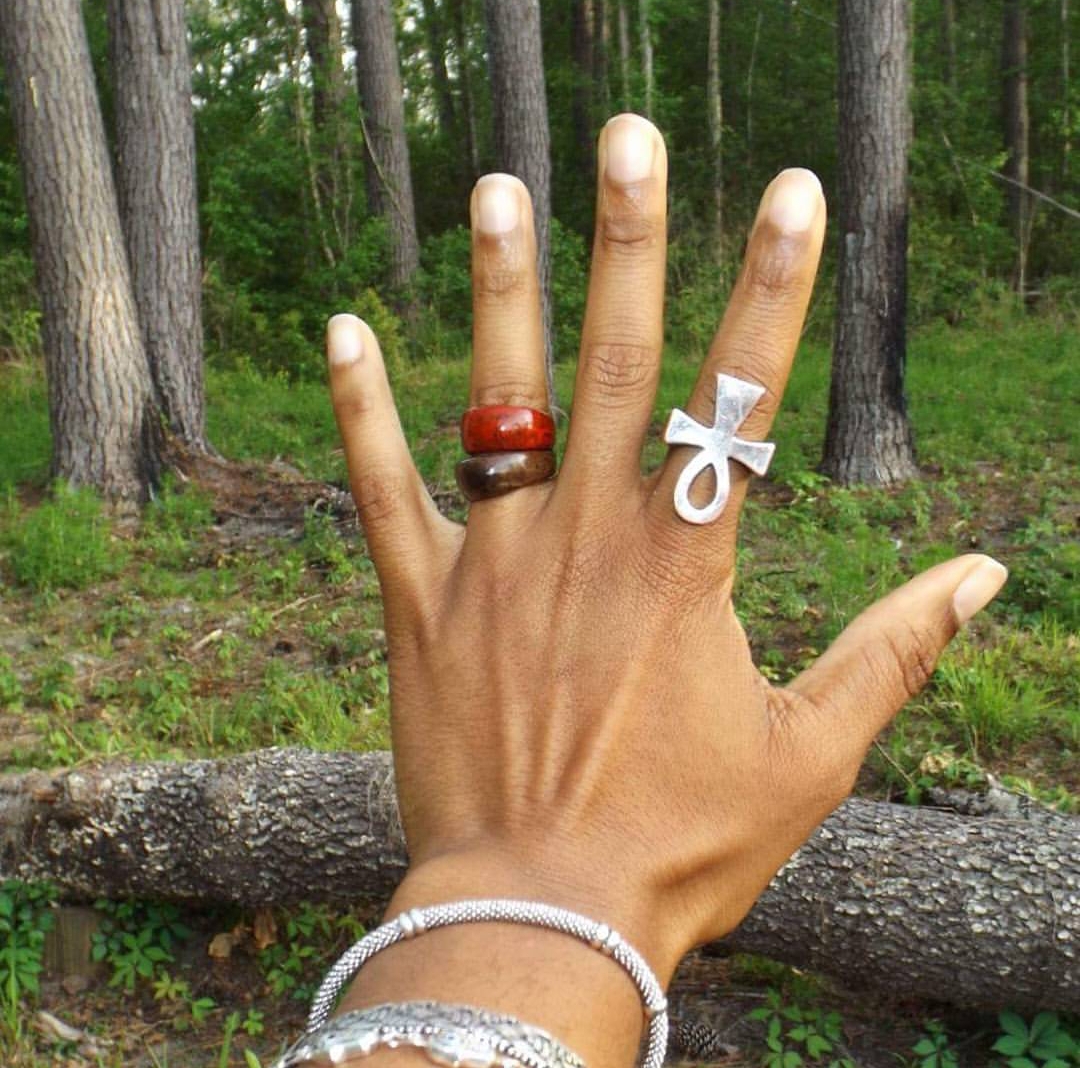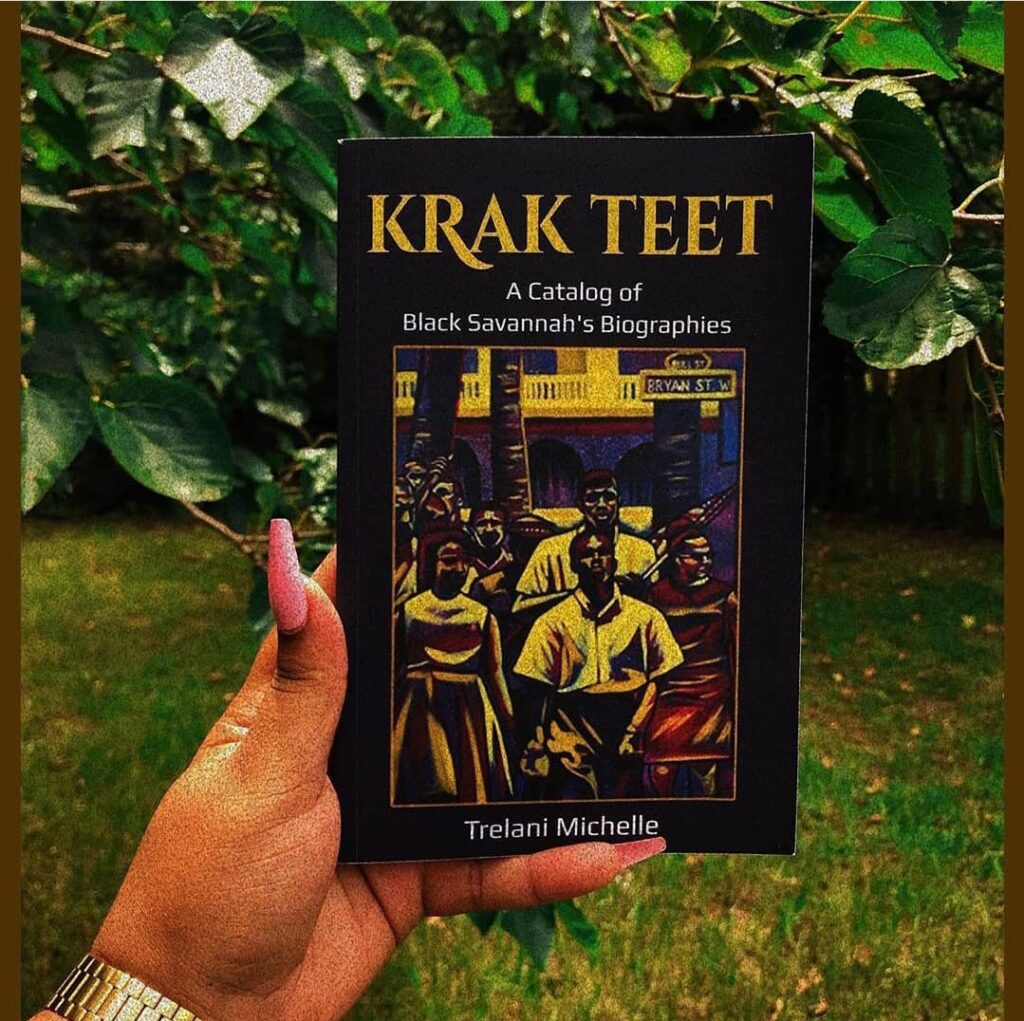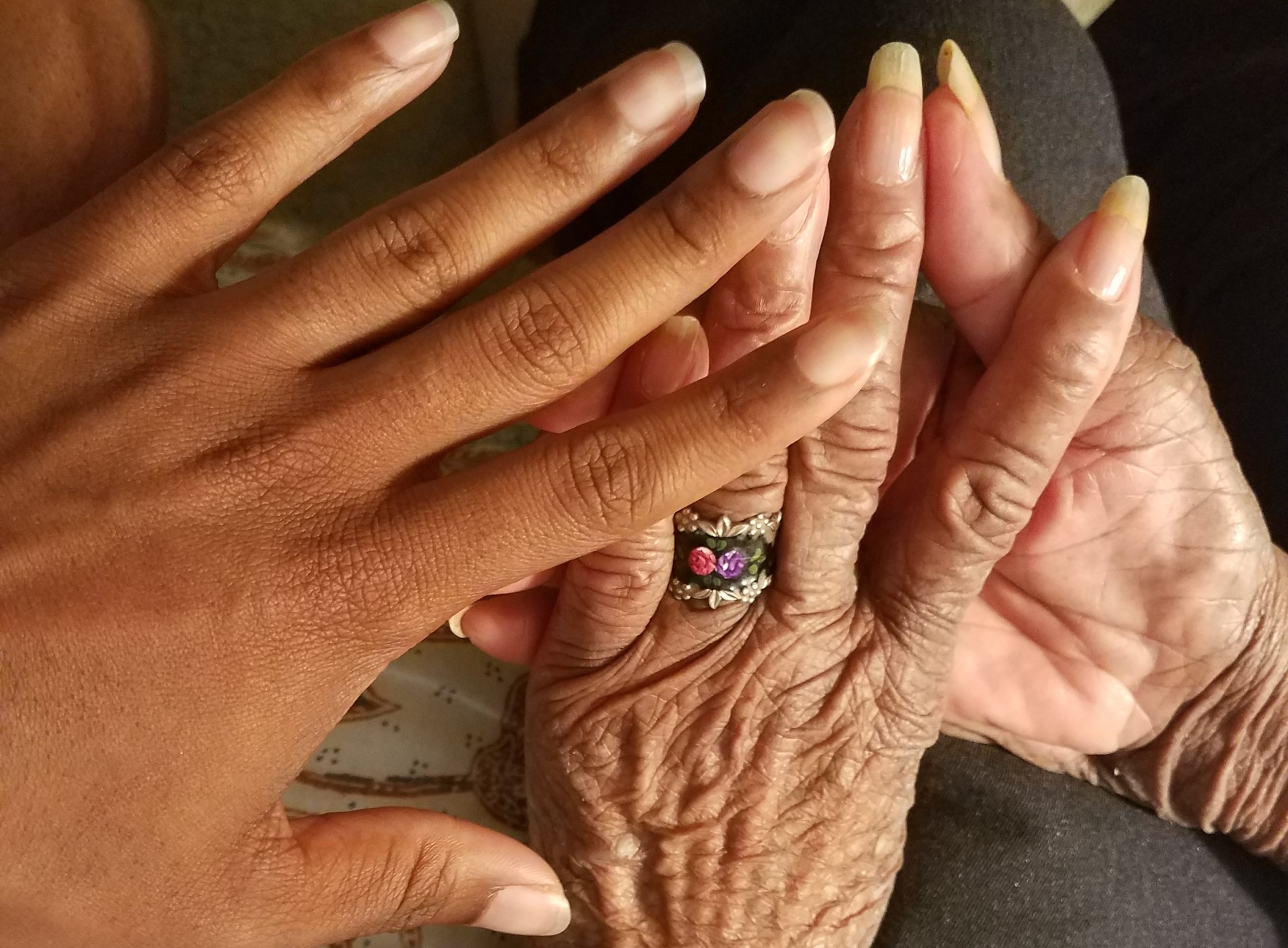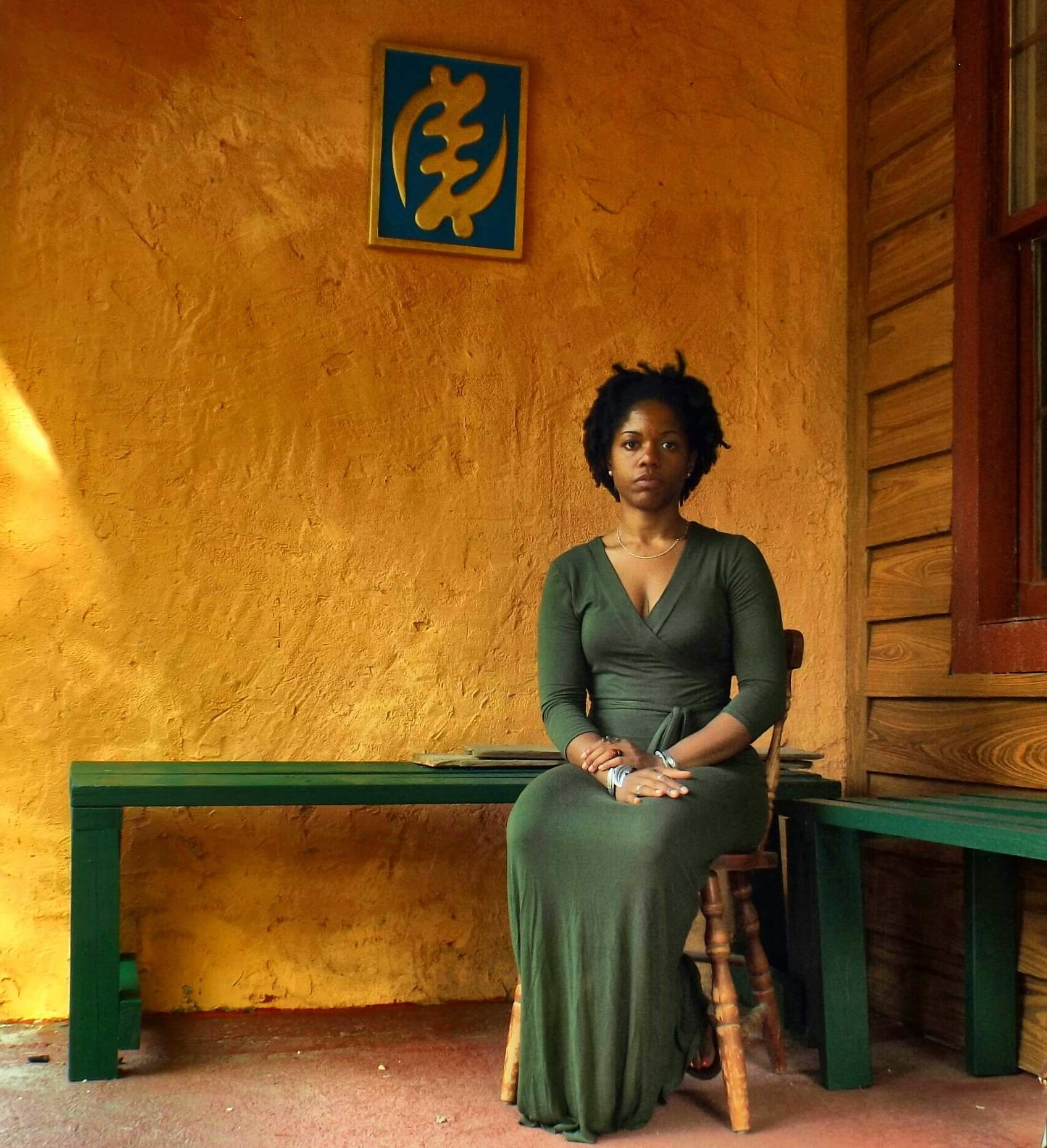

Culture
& Self-Expression


How to Gather
Community Stories


Cultural Preservation
"Krak Teet" is Geechee and means "to speak."
#WeAllCousins

Our Impact
#KrakTeet4Kids
Class in session, but this ain't nothing like school.
THE BOOK

The first-hand accounts in this book are transcribed directly from the grandchildren of the enslaved who laid the city’s treasured cobblestone roads and introduced its famous red rice and deviled crabs. Those who lived through what can be considered the country’s second wave of the #BlackLivesMatter movement.
Krak Teet catalogs stories of struggle—Ms. Madie’s family of sharecroppers fleeing after her father sold a pig without permission, Mr. Roosevelt stuffing his mother’s stab wounds with cobweb to stop the bleeding, and Ms. Florie marching Broughton Street twice a day to protest segregation—alongside stories of success—Queen Elizabeth Butler becoming Savannah’s first black woman to own a car, Ms. Sadie making over $500 a week running numbers, and the city’s desegregation eight months before the Civil Rights Act passed.
Get on the Newsletter List


10 Questions to Ask Your Elders




